HOW TO CREATE
THE PERFECT WIFE
HOW TO
CREATE
THE PERFECT
WIFE
BRITAINS MOST
Ineligible BACHELOR
AND HIS
Enlightened Quest
TO TRAIN THE
Ideal Mate
WENDY MOORE
BASIC BOOKS
A MEMBER OF THE PERSEUS BOOKS GROUP
New York
Copyright 2013 by Wendy Moore
Published by Basic Books,
A Member of the Perseus Books Group
All rights reserved. No part of this book may be reproduced in any manner whatsoever without written permission except in the case of brief quotations embodied in critical articles and reviews. For information, address Basic Books, 250 West 57th Street, 15th Floor, New York, NY 10107.
Books published by Basic Books are available at special discounts for bulk purchases in the United States by corporations, institutions, and other organizations. For more information, please contact the Special Markets Department at the Perseus Books Group, 2300 Chestnut Street, Suite 200, Philadelphia, PA 19103, or call (800) 8104145, ext. 5000, or e-mail .
Designed by Timm Bryson
Library of Congress Cataloging-in-Publication Data
Moore, Wendy, 1952-
How to create the perfect wife : Britains most ineligible bachelor and his enlightened quest to train the ideal mate / Wendy Moore.
pages cm
Includes bibliographical references and index.
ISBN 978-0-465-06573-8 (e-book)
1. Day, Thomas, 1748-1789.
2. Authors, English18th century. 3. MarriageGreat BritainHistory18th century. I. Title.
PR3398.D3M66 2013
823'.6dc23
2012048149
10 9 8 7 6 5 4 3 2 1
To Peter, my perfect other half
CONTENTS
 London, spring 1769
London, spring 1769
S pring sunshine warmed the ancient brick walls of the courtyards and chambers in Londons legal quarter. The jet of water that leapt up thirty feet from the fountain in Fountain Court sparkled in the light before splashing noisily into its basin. The seasonal warmth coaxed the blossoms to burst out on the trees and the young law students to burst out of their rooms and saunter in the gardens beside the river. But for one law student the arrival of spring brought gloom, not cheer.
Thomas Day read the letter from his fiance in Ireland with incredulity. He had said goodbye to Margaret Edgeworth the previous autumn with every expectation they would be married this coming summer. All through the winter, Day had bent dutifully over his law books in earnest anticipation of his approaching wedding. Now Margaret had written to tell him that she wanted to break off the engagement and Day was mortified. Reeling in a mixture of horror and humiliation, he sank into a deep depression.
In truth the news should hardly have been surprising, for the romance had been shaky from the start. Although he was yet only twenty years old, Day had been romantically disappointed on at least one previous occasion and had been understandably wary of forming a new attachment. So when he first met Margaret, the younger sister of his ebullient Irish friend Richard Lovell Edgeworth, a year earlier there had been no immediate attraction. At loose ends after leaving Oxford University the previous year, Day had jumped at the chance to travel to Ireland for the summer with Edgeworth and Edgeworths young son, Dick. On arrival at the Edgeworth ancestral home amid the flat fields and black bogs of County Longford, Day had greeted Margaret with initial disdain, and she had likewise shown scant interest in her brothers young friend. It seemed, indeed, that the two were opposites in every conceivable way.
At twenty-two, Margaret was considered one of the most attractive, intelligent and sophisticated women in the county. Brought up with a keen awareness of her long ancestry within one of Irelands powerful Anglo-Irish families, Margaret had been introduced into the drawing rooms of landed society at an early age. Confident and refined, she had a gift for witty conversation and a reputation for impeccable style. One acquaintance would later say that if Margaret appeared on his doorstep dressed in rags and holding a begging bowl he would still have felt impelled to address her as Madam.
Two years her junior, Thomas Day was not the most obviously eligible of bachelors. Although he was certainly clever, undoubtedly well educated and shortly due to inherit a considerable fortune, Days personal attractions were decidedly marred by his comical appearance and unconventional manners. Tall and well built with curling black hair and large hazel eyes, he might have been considered handsome were it not for his stooped shoulders, the severe marks of smallpox that pitted his face and his general dishevelment. Scornful of the contemporary custom for cropped hair covered with a neatly curled wig, Day left his long hair lank and tangled. Eschewing fashionable dress, he wore plain, drab clothes that were invariably crumpled and askew. Even his close friend Edgeworth had to admit: Mr. Days exterior was not at that time prepossessing, he seldom combed his raven locks, though he was remarkably fond of washing in the stream. And as his unorthodox approach to personal hygiene might suggest, Day showed no regard for accepted etiquette.
At the dinner table Days manners were considered so vulgar that they appalled Edgeworths father. Whether Day merely slurped his soup or went so far as to rest his muddy boots on the table was left unsaid, but certainly Edgeworth senior took a violent prejudice against Day in consequence of something in the manner of his eating and sitting at table, which appeared unsuitable to his rank in life. Over tea in the parlor Day made no attempt at small talk, preferring either to sit sulkily silent or to stand and declaim his dogmatic views loudly and at length.
Yet for all his slovenly appearance and boorish manners, there was evidently something about the youth that appealed to some menEdgeworth for oneand occasionally some women. Days commitment to enhancing human rights had struck a chord with fellow radicals, while his determination to help those worse off than himself had earned him many admirers. University friends at Oxford and fellow law students in London treated Day as something of an absentminded philosopher or a romantic rebel. He seemed not quite of his time. His espousal of chivalric virtues and classical heroes harked back to a past age; his opposition to class-ridden systems and traditional hierarchies seemed to anticipate a distant future. Certainly his ideas were out of pace with the consumer-driven, celebrity-obsessed, fashion-mad culture that was predominant in Georgian Britain.
At first, therefore, Day and Margaret appeared to have nothing in common. Repulsed by her brothers loutish friend and his daring ideas, Margaret kept out of his way as much as politeness allowed. Equally contemptuous of his friends elegant sister and her polished manners, Day gave Margaret a wide berth. To Day, Margaret represented a sort of being for which he had a feeling of something like horror, according to her brother Richard. And so for the first few weeks in the large country house the pair had maintained an awful distance. But as they had spent more and more time together during uncomfortable meals and awkward social occasions over the early summer of 1768, they had gradually discovered some mutual interests.
Margaret found herself intrigued by the eccentric Englishman. She too had been disappointed in loveby a dashing but unsuitable English army officerand Day offered a refreshing contrast to the fawning beaux who usually competed for her attentions. Managing to overlook his lack of grooming and poor social skills, she was moved by the powerful monologues Day delivered on improving the lot of humanity and had to admire his philanthropic plans. Drawing Day into conversation, Margarets easy manners, and agreeable conversation had managed to unbend Days aloof conduct, said Edgeworth.
Next page

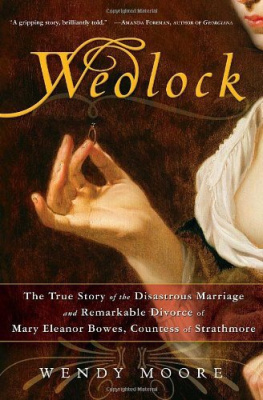
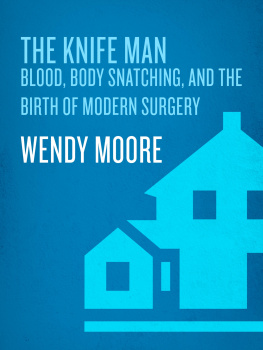
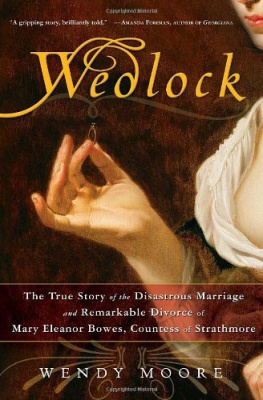
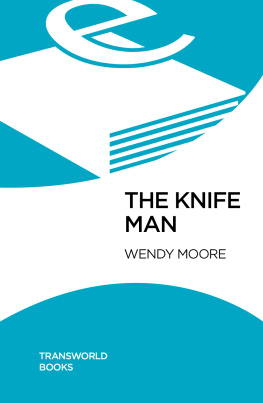
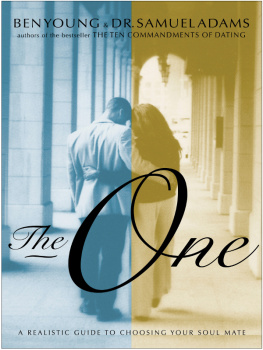
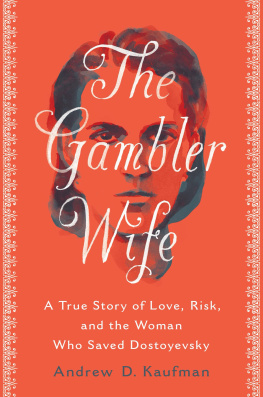
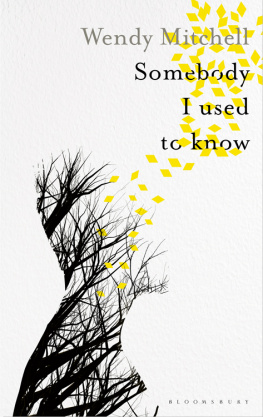

 London, spring 1769
London, spring 1769